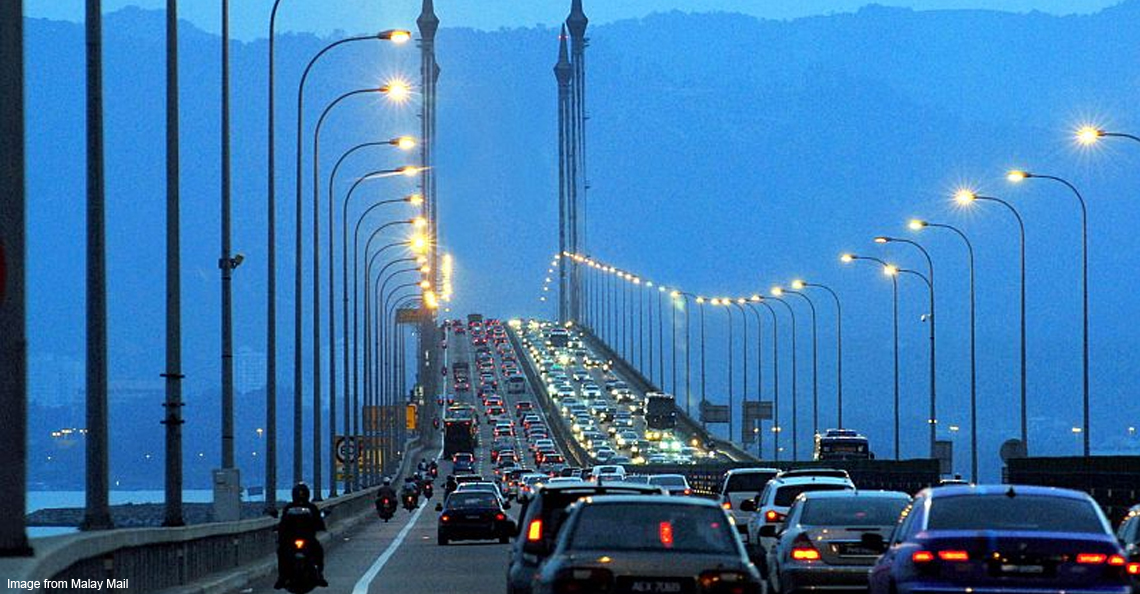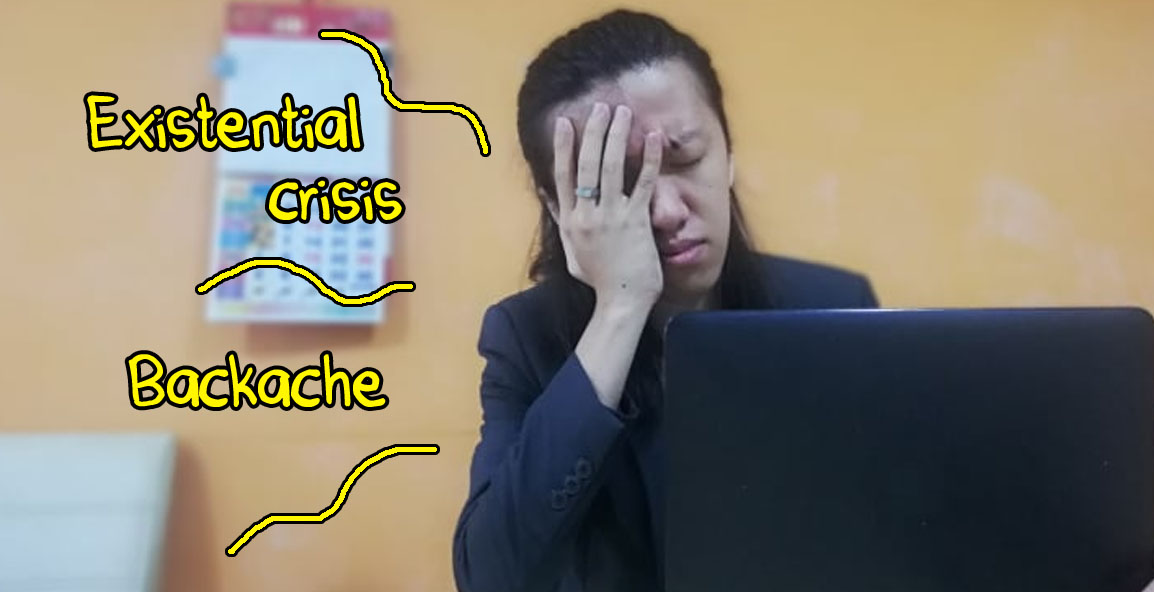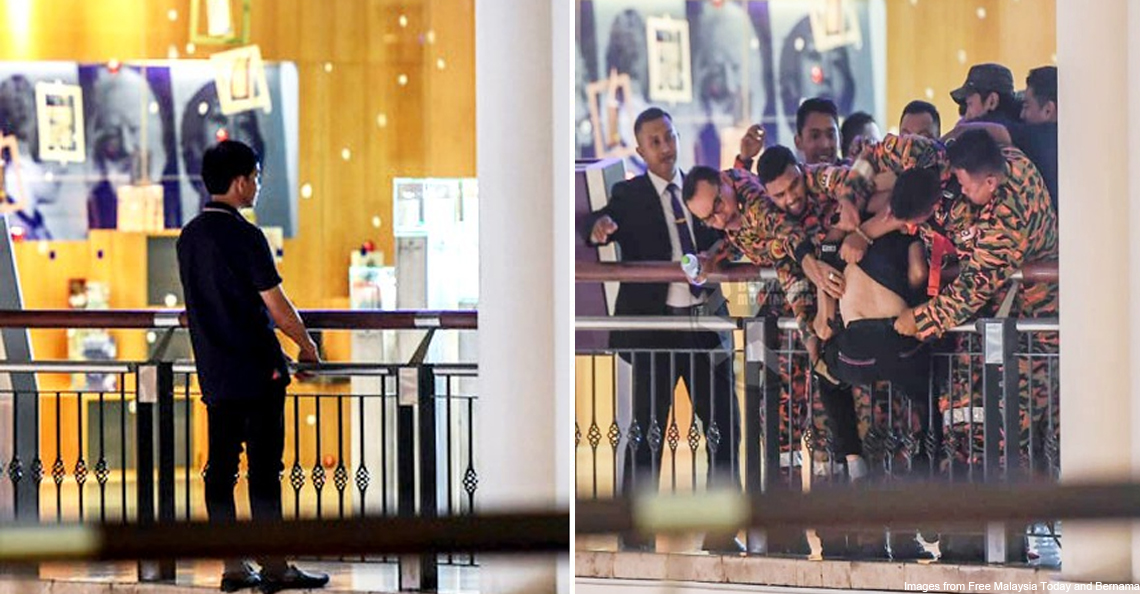What is it like talking to suicidal Malaysians? We asked the Befrienders.
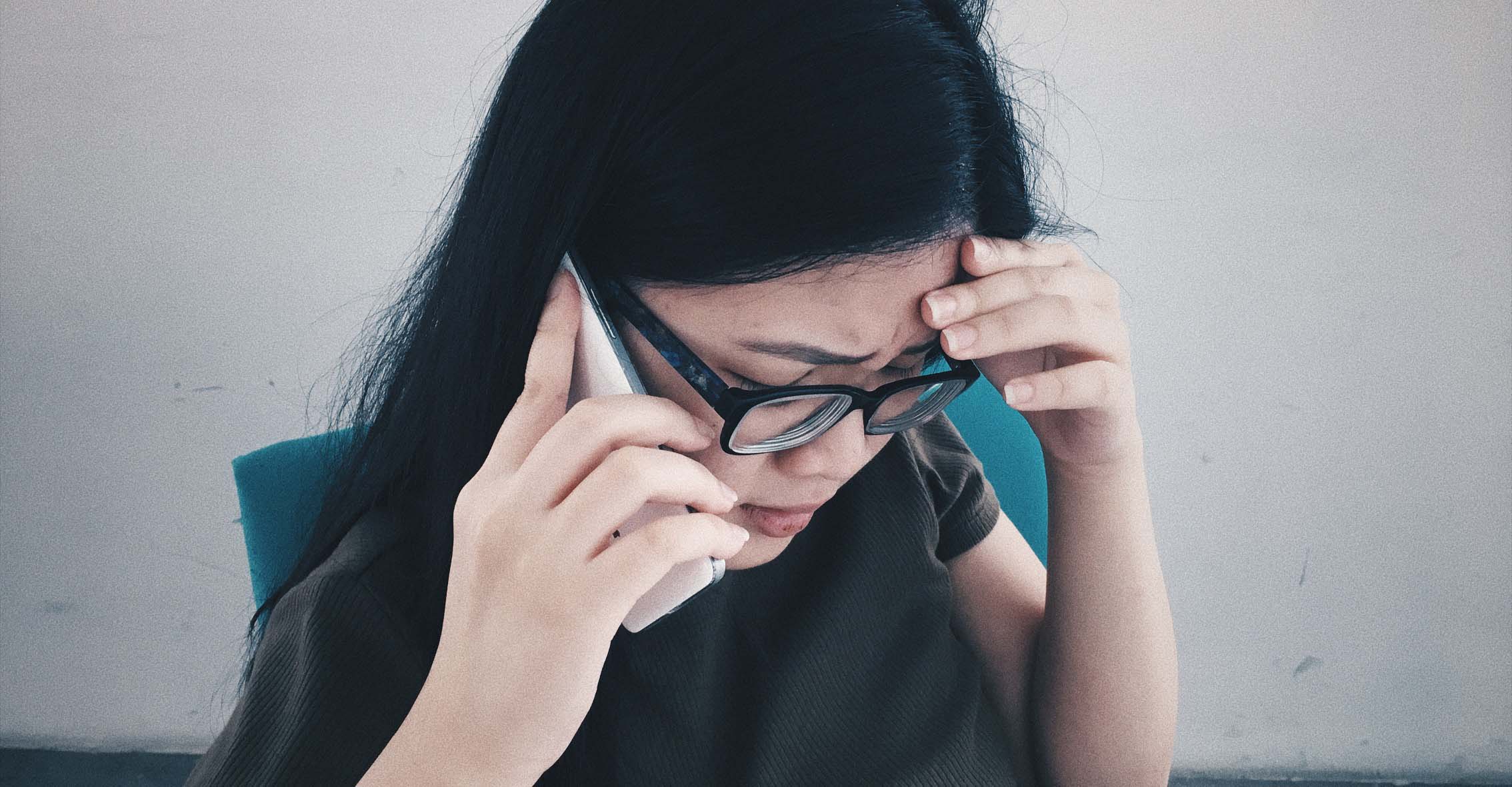
- 3.6KShares
- Facebook3.4K
- Twitter20
- LinkedIn19
- Email32
- WhatsApp103
Did you know that there’s a 24-hour suicide hotline in Malaysia? They’re called the Befrienders, and when we asked around the office, someone thought that that was some dating website. But that’s far from the truth! A quick Google search on ‘suicide hotline Malaysia’ will bring them up at the top of the list.
With the recent suicide of K-pop star Jonghyun, and other suicides by of late, it might be difficult for some of us to understand why people die by suicide, so we decided to talk to people who have spoken to people in what could have been their last moments on earth – the Befrienders.
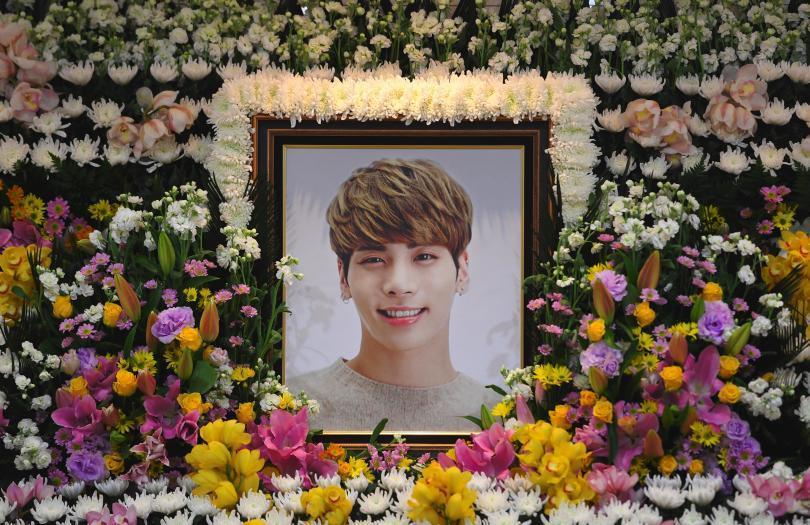
Besides talking to the suicidal, their website says that they are open to anyone who is lonely, in distress or in despair. Here are a few things that they have to go through as suicide hotline operators.
1. More than half of their calls are from women aged 15-30
Befrienders KL only has two phone lines, and the KL branch is the only branch that runs 24 hours a day, 365 days a year. Despite that, they still get an average of 68 calls a day. But Victor Tan, deputy chairman of Befrienders KL, tells us that they can get as many as 80 calls a day, mostly from women (60%) who are 15-30 years old.
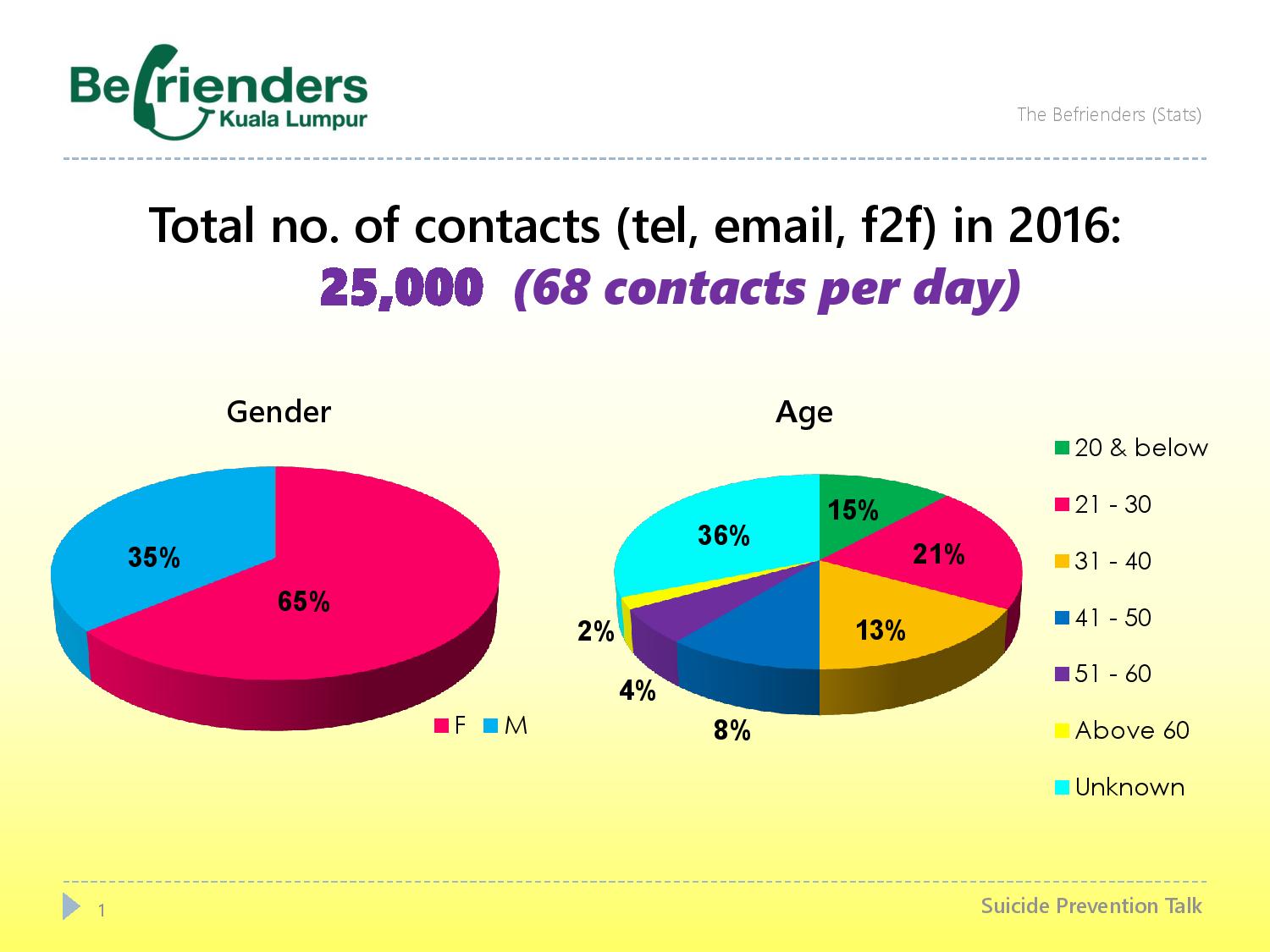
The people who call in talk about anything ranging from relationship issues to mental health problems, and stay on the line for as long as 2-3 hours. A Befriender (which is what the volunteers are called) will never cut the line on a caller, even if the caller spends the whole time crying, or even in silence- which Victor says happens quite a bit!
However, the only calls that they will cut (in a very polite manner, of course), are the prank calls. But then again, Kenny Lim, one of the two full-time workers in Befrienders KL, told us that even the prank calls could be a cry for help. It’s like all they can see is the good in people, man.
“Sometimes people make a call wanting to express themselves, but when we get on the line, they panic and don’t know what to say, so they end up joking about it and putting down the phone. All we do is tell them that we are a helpline, and that if they are ever facing a crisis, that they can call us.” – Kenny Lim

Victor told us that they get just as many prank calls just as the police and bomba would, and that they are trained to ask guided questions to gauge whether or not the caller is genuine. Besides fake calls, there are callers that call just to irritate them, or sometimes even to prey on lady Befrienders 🙁 But thankfully, Victor told us that this was a small minority, and that they would just tell these people that other people need help, and cut the line.
2. They’re not technically ‘certified’
Kenny told us that all of the 110 volunteers they had at their KL branch (they have other branches in Penang, Ipoh, JB, Seremban, Melaka, Kota Kinabalu and Muar) are not ‘certified’ in any way, aside from the fact that they just want to be a listening ear.

That being said, anyone who wants to sign up to be a Befriender has to be 21 and above, and has to undergo an interview, an eight-week training course and another interview right at the end. This is not only so that they can be assessed on whether or not they’d be suited for the job, but Kenny tells us that sometimes people end up realising that Befriending is just not their cup of tea.
You’d think that the people who train the Befrienders are psychiatrists, or at least counsellors, right? But they’re actually ordinary people, just like you and me. Senior Befrienders train the junior Befrienders, and all their training is connected to the modules that are formed by a British organisation called the Samaritans, which is a suicide prevention hotline as well.
“Anyone can sign up to be a volunteer. What matters is that you’re emotionally stable. In the training course, we teach volunteers some skills – active listening, self-awareness, and about depression and suicide.” – Kenny Lim
3. They tell other people your secrets… but it’s still a secret
Caller’s confidentiality are prioritised and holds so much importance to the organisation that the calls are neither tracked or recorded, even if the caller is actively suicidal and might need help. Kenny did tell us that certain information like caller’s gender and reason for calling are noted, but only for the sake of statistics.
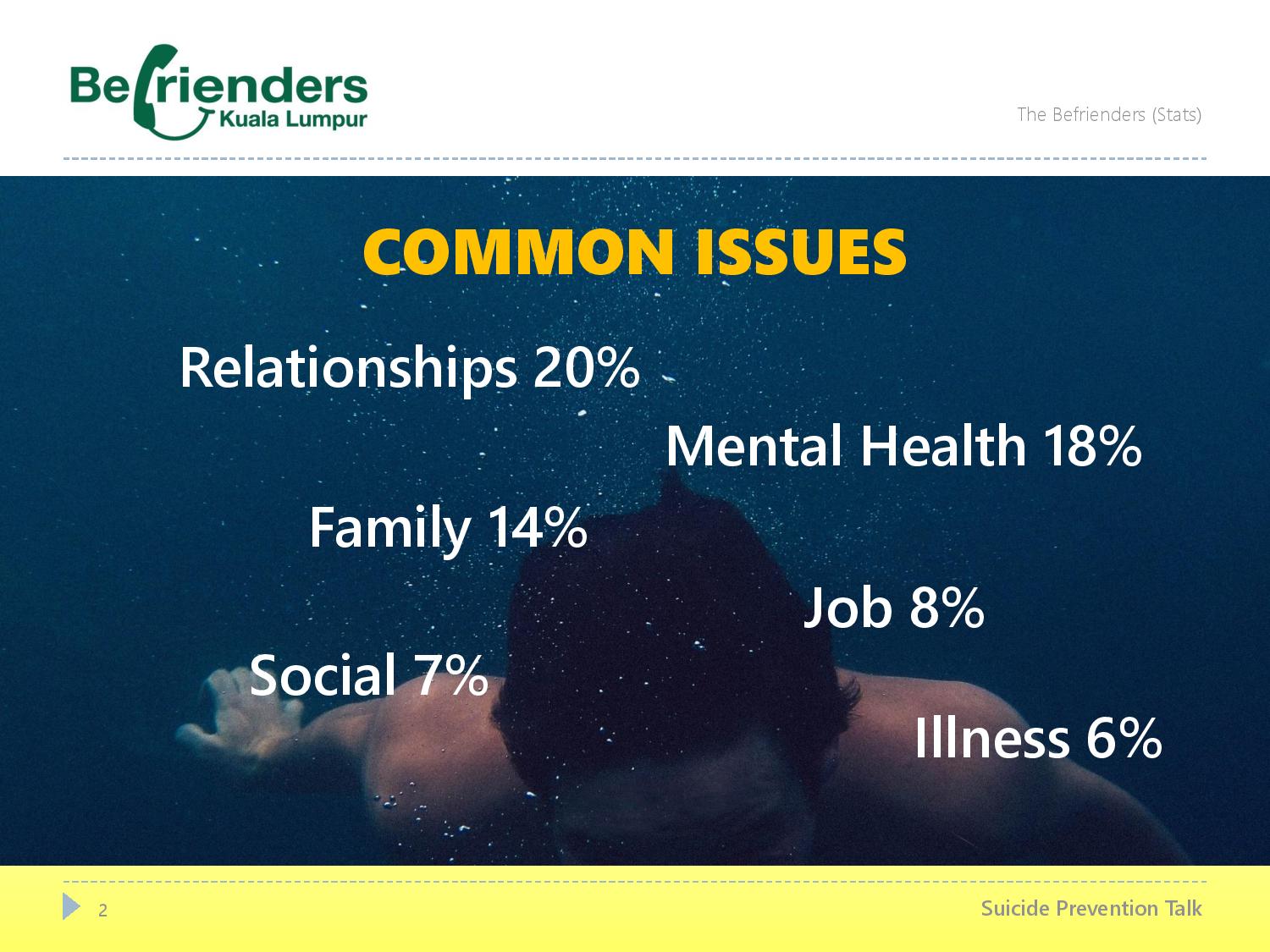
But as you know, attending to these calls can take a toll on the volunteer, so a buddy system is set for the volunteers. They tend to talk it out with each other though they do not necessarily talk about the call explicitly. With only two lines and 2-3 people manning the phone lines at any given time, the emotions that go into hearing such distressing calls will have an effect on the Befriender if they don’t talk it out with the other people who are with them once they hang up.
“There have been calls that we’ve had where the caller is just like, ‘Thank you so much for listening to me, but I still think I will carry on with my plan to kill myself’, and we’ll read about it in the newspaper in the morning. Sometimes we will even search the newspaper! Sounds morbid, but we do it sometimes lah, and we talk to each other about it so that it’s not so heavy.” – Kenny Lim
Both Victor and Kenny told us that the golden rule is that everything that happens in the phone room does not follow them out of it. The phone room is such a private place that when we went to the Befrienders office in PJ, they wouldn’t let us anywhere near the rooms. We couldn’t even take a peek at it from afar :O
4. Suicide is… contagious?!
Recently, K-pop star Jonghyun’s sudden death had thrown the world into a loop and had fans from all across the world paying tribute to him. We were surprised to know that the Befrienders received many emails regarding Jonghyun’s passing.
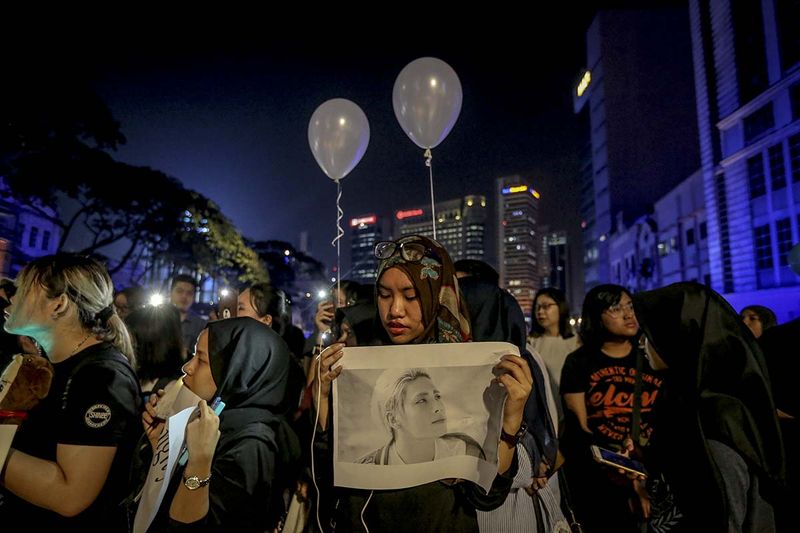
“A day or two after his death, we received emails which were double the amount than what we usually receive and most of the people were under 20 years old”. – Kenny Lim
Kenny told us that the Gen-Y prefer contacting Befrienders with emails, not calls – there are even kids as young as 12 years old writing in, saying that they’re suicidal. But the reality is that this isn’t uncommon. Whatever may be the reason, he’s delighted that youngsters are using that service to contact the Befrienders. He did say that emails aren’t answered immediately because over 80% of the people they come in contact with contact them through calls. But despite that, in due time the emails are answered.
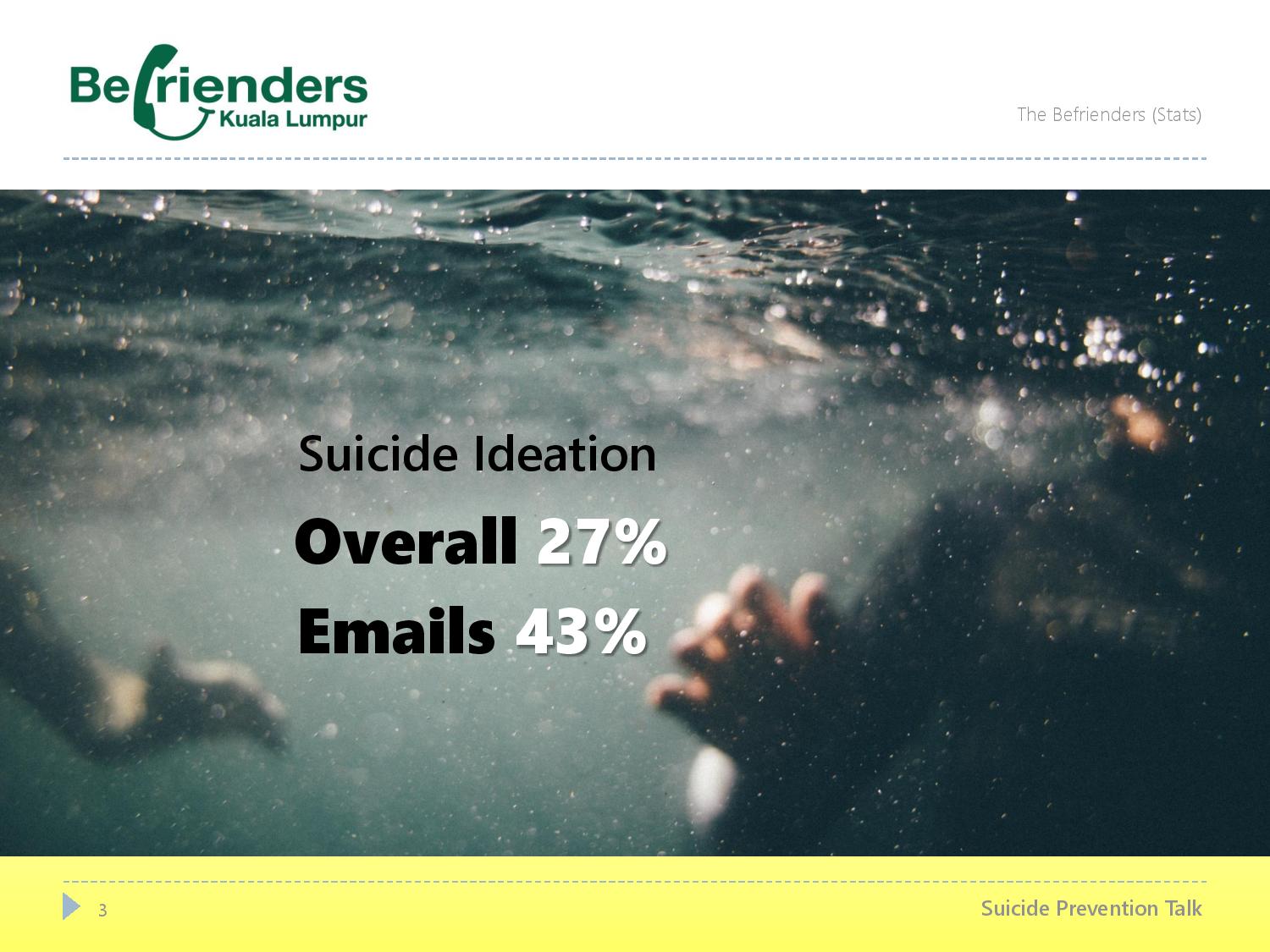
As a public figure, it’s obvious that Jonghyun has touched many hearts to receive such love after his passing and it must be very difficult to process that he’s no longer here.
“It’s difficult when someone you look up to passes away. It’s very important for you to have someone you trust that you can talk to because their death may or may not trigger any negative emotions within you. You can always call or either email us”. – Kenny Lim
Basically, suicide hotline operators are tough as nails.
Their shift last for 3-4 hours (and once a month they pull a night shift!) so even if they have a bad day, they must still come in to volunteer which shows how much they care about their job. Both Victor and Kenny told us that many people just want someone to talk to when they call the Befrienders so, even if they are having a bad day, they make sure they remember that before they walk into the phone room.
Like many of the other volunteers, Kenny, who has been with the organisation for 20 years now, shared with us how his history with suicidal thoughts sparked a desire in him to become a Befriender.
“My first exposure to emotional support was when I was in a counselling club in secondary school and I loved it. During college years, I went through a rough time and had suicidal thoughts. I was lucky enough to have a supportive family and I wanted to be there for people who had no one to turn to”. – Kenny Lim
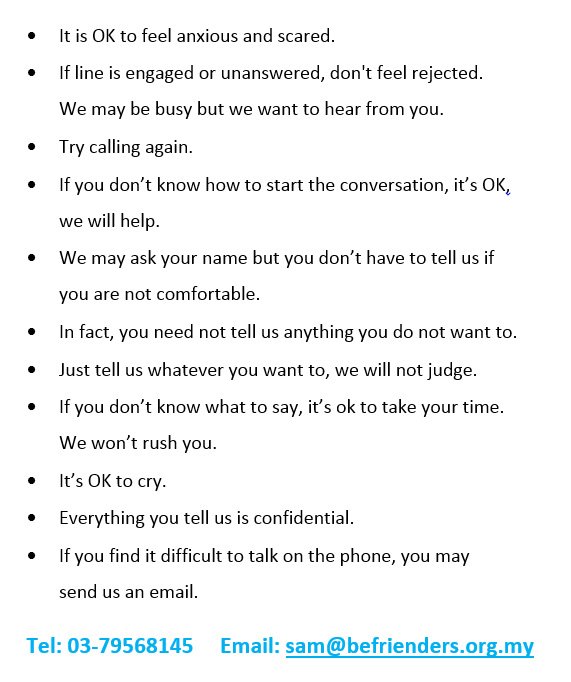
The Befrienders can be contacted at their hotline at 603-79568145, emailed at [email protected] just to rant, or to set an appointment for a face-to-face meeting. There’s no shame in asking for help, because at the end of the day, that’s what a suicide hotline is around for – to be a listening ear for anyone who needs it.
Co-written by Natashya Khoo.
- 3.6KShares
- Facebook3.4K
- Twitter20
- LinkedIn19
- Email32
- WhatsApp103

